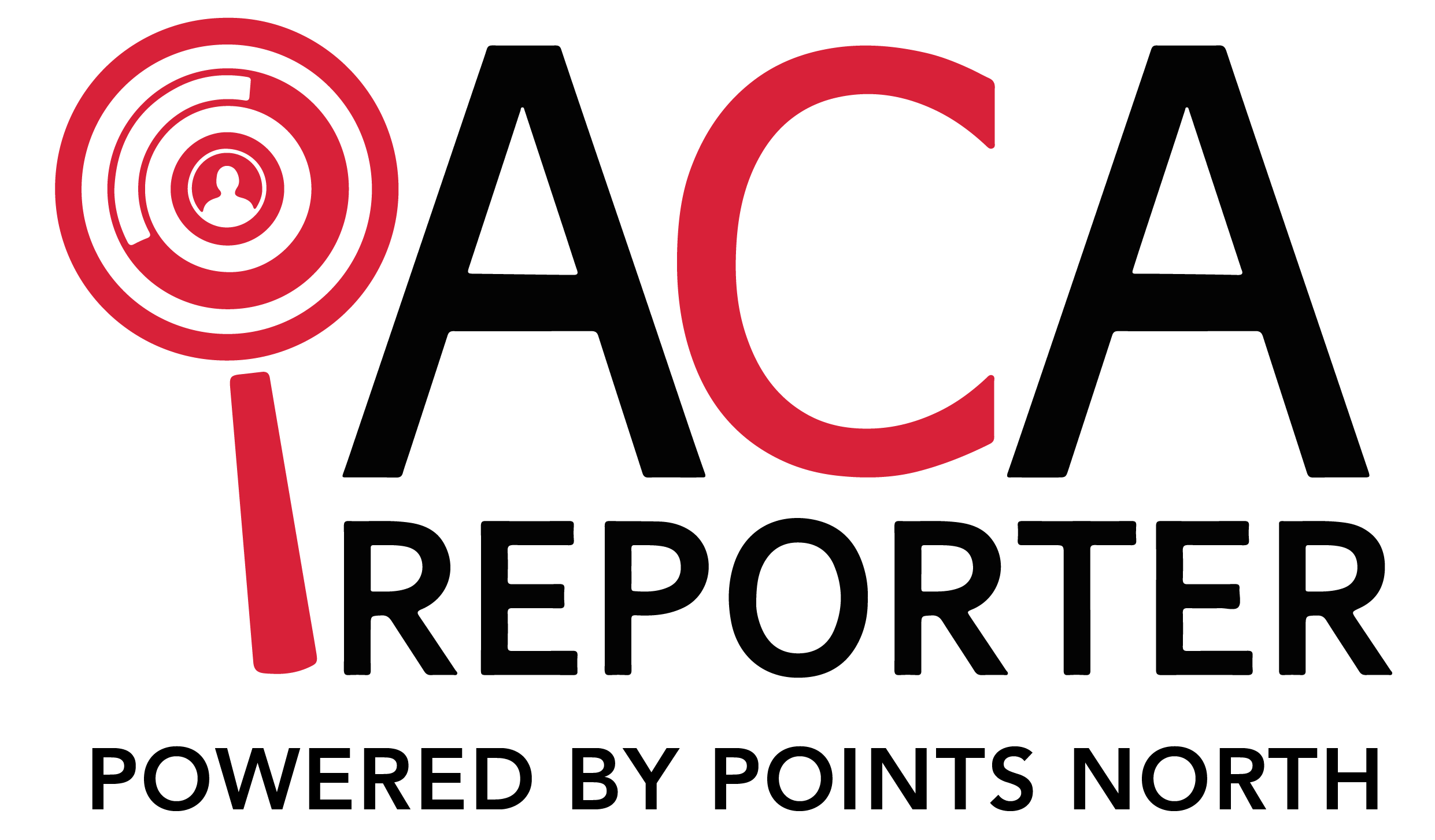Staying on top of Affordable Care Act (ACA) compliance can be a real headache for companies of any size. Staying ACA compliant can be especially tough if you're in a high-risk industry that faces more challenges to avoiding penalties from the IRS. This article will shed light on which industries are often susceptible to compliance issues and offer practical suggestions to help you stay compliant. We'll cover everything from navigating part-time or seasonal employee eligibility to dealing with workforce complexities.
Industries at High Risk
Some industries face unique challenges regarding ACA compliance, making them more susceptible to potential penalties. Let's explore how these particular industries can combat their issues and minimize compliance risks:
1. Small and Medium-Sized Enterprises:
Challenge: Small and medium-sized companies often lack the resources required to navigate the complexities of ACA compliance accurately.
Solution: To minimize compliance risks, these organizations should prioritize education and training for their HR personnel responsible for ACA compliance. Equipping them with up-to-date information on ACA regulations and requirements can help ensure accurate reporting and adherence to the law. It also is worth considering if a third-party solution could help save time for your team and provide flexibility as your company grows. Compliance tools can be particularly helpful for complex variant hour employees that work in more than one location.
2. Seasonal or Part-Time Industries:
Challenge: Companies in seasonal or part-time industries frequently hire many employees regularly whose eligibility for ACA coverage may vary based on their hours worked.
Solution: Implementing clear and consistent tracking systems for employee hours is crucial in these industries. Ensuring meticulous records of hours worked by part-time or seasonal employees will aid in determining their eligibility for ACA coverage accurately. ACA compliance software integrated with your payroll could help prevent confusion or miscalculation of full-time employees, a critical part of ACA reporting.
3. Hospitality and Service Sector:
Challenge: The hospitality and service industries often employ a diverse workforce comprising temporary, contract, and gig workers, making it challenging to identify eligible employees accurately.
Solution: These industries can benefit from regular internal audits to review ACA compliance practices. Audits help identify gaps in reporting or eligibility determination, allowing the company to rectify issues promptly. Compliance software with a monitoring dashboard like ACA Reporter could be crucial for these industries, especially if they have multiple locations where employees may be working at.
4. Startups and New Ventures:
Challenge: Startups and new ventures may prioritize rapid growth, leaving ACA compliance overlooked in the process.
Solution: Companies in this category should prioritize compliance from the outset. Seeking guidance from ACA compliance specialists or consulting with HR professionals well-versed in ACA regulations will help ensure they meet the requirements.
ACA compliance is a critical responsibility for businesses of all sizes and industries. Some companies are more at risk of facing penalties due to their unique workforce structures and operational challenges. However, by investing in expertise, maintaining robust record-keeping practices, and regularly reviewing reporting processes, you can mitigate these risks significantly.
Combat Risks with the Right Tools
Companies can leverage ACA compliance software like ACA Reporter to streamline ACA compliance efforts. ACA Reporter is specifically designed to help businesses manage ACA reporting, track employee data, and ensure compliance with the law, regardless of how complex your hiring situation may be. By adopting dedicated ACA compliance software, companies can proactively prevent penalties, save valuable time, and focus on their core business operations, ensuring a healthier and more sustainable future for both their employees and the organization.





